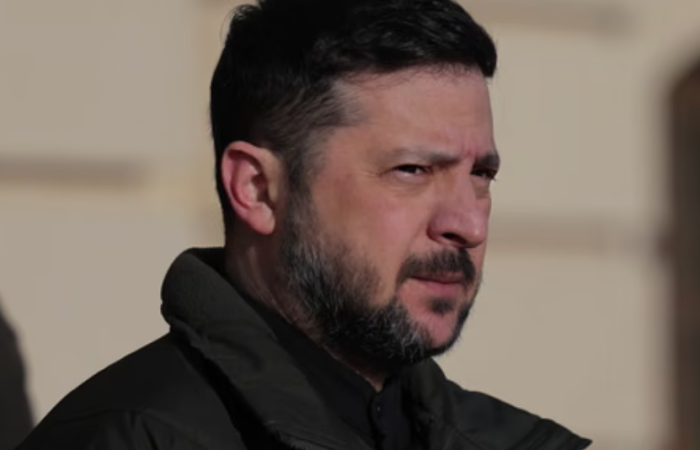These announcements are provided by commonspace.eu based on information checked with various reliable sources and are provided as a public service - Be strong! Be Safe! Be happy!
There are now understood to be over 200,000 cases of the COVID-19 virus worldwide, with over 8,000 people confirmed to have died. Governments across the world have advised everyone against social contact outside the home especially for those over 70 or with underlying health conditions.
Experts from the Federation of European Microbiologists state that it is now apparent that there are asymptomatic affected individuals and that transmission can occur through apparently healthy subjects. This asymptomatic period can last as long as 14 days. There is also evidence of indirect transmission through objects, and of the virus's survival on certain surfaces - such as plastic - up to three-days after contact. For this reason, experts advise that adherence to safe practices, starting with social distancing, is absolutely necessary.
The World Health Organization continues to emphasise the importance of basic protective measures by individuals, such as:
- Frequent hand washing with warm soapy water and alcohol-based hand sanitiser;
- Maintaining social distancing of 1 metre;
- Avoiding touching eyes, nose and mouth;
- Practicing respiratory hygiene - Covering nose and mouth with a bent elbow or tissue when coughing or sneezing;
- Seeking medical care early if one has fever, cough, and difficulty sleeping.
In a media briefing on Wednesday (18 March), the WHO Director-General emphasised the importance of not assuming that one's self or one's community will not be affected and to prepare as if they will be. He stressed that:
- Physical Distancing Measures - like cancelling sporting events, concerts and other large gatherings - can help to slow transmission of the virus.
- Isolating, testing and treating every suspected case, and tracing every contact, must be the backbone of the response in every country.
Sources:
BBC News
Federation of European Microbiologists: https://fems-microbiology.org/expert-update-on-the-sars-cov2-coronavirus-causing-the-covid-19-outbreak/
World Health Organization advice: https://www.who.int/emergencies/diseases/novel-coronavirus-2019/advice-for-public
World Health Organisation Director General statement:
https://www.who.int/dg/speeches/detail/who-director-general-s-opening-remarks-at-the-media-briefing-on-covid-19---18-march-2020
John Hopkins University dashboard:
https://www.arcgis.com/apps/opsdashboard/index.html#/bda7594740fd40299423467b48e9ecf6







